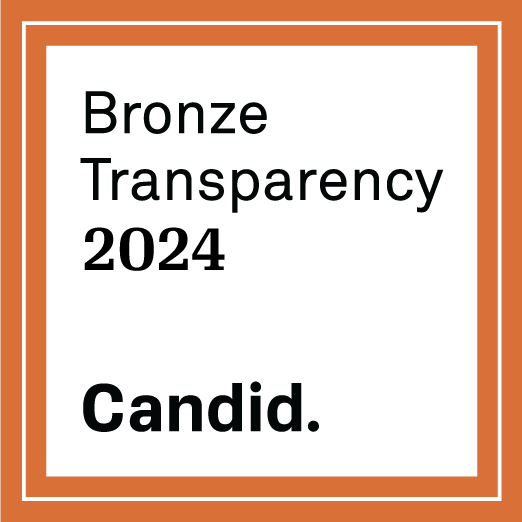Courtesy Neosha Gardner, CreateHER Stock
The New York City’s affordable housing lottery can already be intimidating and challenging to do when you have a stable source of income. But what do you do when you’re self-employed?
Freelancers and contractors have as much a right to safe, affordable housing as anyone else. Finding a home through the city’s housing lottery is just as much an option for you, even if it might take a little more work. After all, there are more than 72,500 self-employed workers in Brooklyn alone.
As a freelance artist based in Fort Greene, I started applying to the affordable housing lottery in February 2016 when I learned that I would need to leave my home of six years. Before I could move into my new affordable apartment, however, my application was rejected — twice.
Getting your number drawn in the lottery is only the beginning of a long process, especially if your income situation is more complicated. I quickly learned my chances for success were very much connected to my financial history and my ability to articulate it, which meant I had to take a few things into consideration that others may not need to.
Do you need help sorting out your finances? Sign up today for one of our FREE workshops!
Step One: Determine your long-term annual income.
Everyone who applies to the housing lottery must submit their income history so that the city and developer can make sure you can afford the listed rent. Contract and freelance workers, however, need to provide three years’ worth of history. That history is determined by two measures:
- The average of your net income from the past three years of tax returns, and
- Your projected income for the current fiscal year.
Most agencies will start with your average income since that is a more straightforward calculation. However, that cannot be the sole determinant of your qualification. The number that really matters is your projected income for the current fiscal year.
I started working as a freelancer right before applying for the housing lottery, and tracking finances is never straightforward in that first year of freelancing. That’s why I got my first rejection after the marketing agent determined my average net income was too low.
Step Two: Provide strong qualitative and quantitative proof of your projected income.
Your income as a freelancer is much more complicated than that of someone with a full-time job. You want to ensure that the agency processing your application knows exactly how to read your paperwork, rather than to leave your documents to their interpretation.
To do that I made sure to outline both the qualitative and quantitative proof of my income.
For qualitative, I made sure I could explain why I had such low income during my first year as a freelancer. I had been focused on building my brand and growing relationships with clients, not generating income. I also tracked how my business had grown and stabilized since then by highlighting repeat clients. I even asked some of those clients to provide letters of recommendation detailing when I began working with them and their intent to continue to hire my services.
For quantitative, I projected my income for the current fiscal year. To do so, I used a formula I was comfortable with, as you should if you find your own way of determining your projected income. I took my year-to-date income and multiplied it to estimate for the entire year. I then subtracted my anticipated business expenses, and that was my anticipated income for the fiscal year.
No matter how you calculate your income, be sure to provide evidence to back up your projection, including invoices, client contracts, and bank deposits.
Step Three: Always follow up and insist on timely responses.
The whole affordable housing application can feel like a long, disorganized waiting game. For me, it took five months for my first appeal to be processed. My second appeal took seven months. Both applications got lost in the shuffle, and it was only after multiple emails and phone calls from me that they even got processed.
I was shocked to learn that agencies are contractually obligated to respond to you within ten days in this process. The lesson here is to be persistent. Set a calendar reminder to email or call the marketing agency. Do whatever it takes to make sure your application is promptly processed.
Step Four. Don’t be afraid to appeal.
You know your finances better than anybody else in the application process, so be your best advocate. If you believe you qualify for the listing and were wrongly rejected, you should absolutely appeal.
Applicants have two opportunities to appeal a lottery decision, and it took me both those appeals to secure my apartment. The first appeal goes to the marketing agency that processed your application, while and the second goes to the government agency overseeing the lottery listing.
In my case, I appealed both rejections and came through on the other side — I moved into my new studio apartment in the neighborhood I love in September 2017. It took some extra work and persistence, but that’s just another opportunity for your skills as a freelancer to shine.
Jasmin Chang is a freelance artist and producer based in Fort Greene, Brooklyn. She is currently working on Community Heroes, a public art project celebrating the everyday heroes of our neighborhoods, and the United Photo Industries education program.



